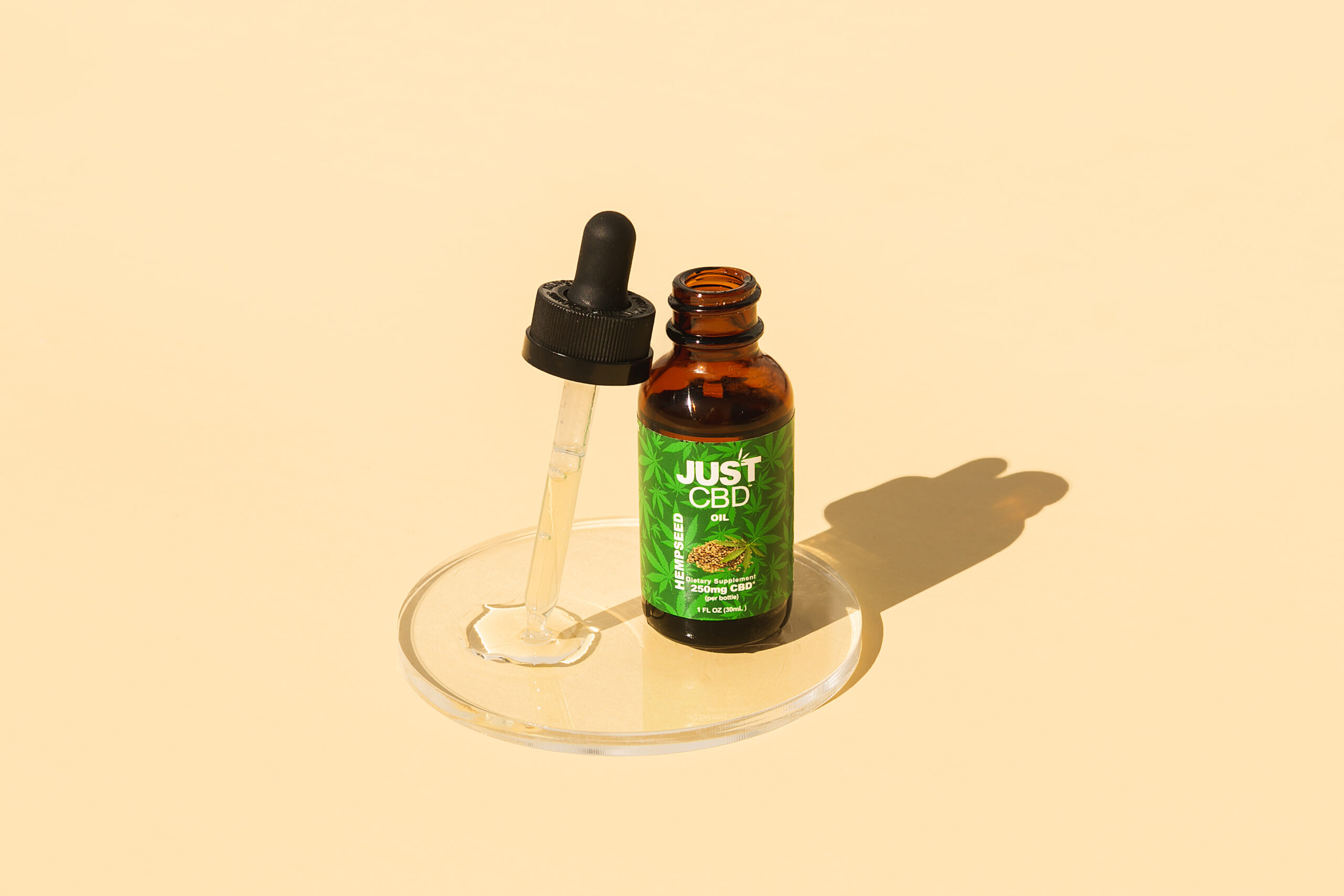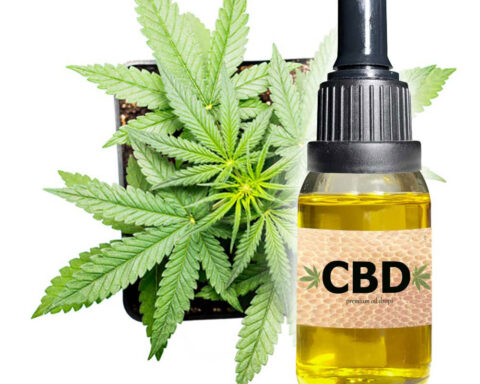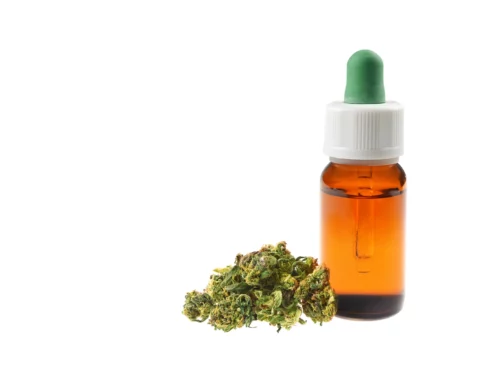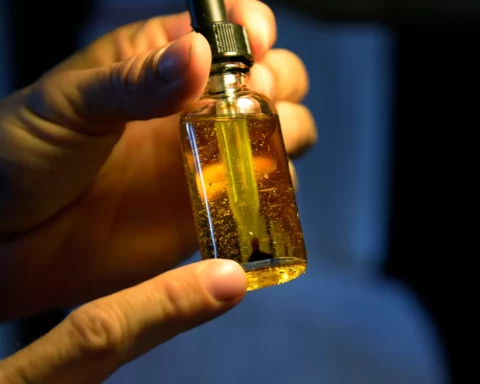CBD oil has moved from an outlawed substance to part of the mainstream. It is shaking the news headlines, and everybody is talking about CBD oil. Most people claim that CBD oil is healthy as they point to how CBD oil could help with all of your medical challenges various conditions. However, there is not enough evidence to prove that CBD oil can help with any medical challenge, and Epidiolex is the only FDA-approved drug for some forms of epilepsy. First-time users have various concerns regarding CBD oil products, including What are CBD oil and its products? Will they make you high? Should you randomly take CBD oil or its products? This is a first-time user’s guide to CBD oil that answers all your questions about this product.
What Is CBD Oil
Although CBD oil is now part of the mainstream, it is critical to understand it. CBD is a hemp extract and one of the many active compounds called cannabinoids in cannabis plants. CBD oil can be extracted from marijuana or hemp plants, but the hemp-derived version is the federally acceptable CBD oil form. This follows the passing of the Farm Bill in 2018, legalizing hemp-based CBD products with a THC concentration not exceeding 0.03 %.
CBD Oil and Its Products Will Less Likely Make You High?
CBD is different from THC, another widely studied cannabinoid. THC is illegal in many parts of the world, and the Farm Bill limits its concentration to less than 0.3% in CBD oil because it has psychoactive properties and is linked to the high effect. Unless your CBD oil product has more than 0.3% THC, it will not make high.
Different Types of CBD Oil You Could Explore
Like any other product in the market, CBD oil has its types. However, they are limited to the following;
Full-spectrum CBD Oil
This oil has terpenes, flavonoids, and cannabinoids other than CBD, including CBT, CBN, CBG, and the psychoactive THC that’s typically less than 0.3%.
Broad-spectrum CBD Oil
It contains terpenes, flavonoids, and many cannabinoids like full-spectrum CBD oil. However, the psychoactive THC is absent in broad-spectrum CBD.
Isolate-based CBD Oil
This formulation has no compounds other than CBD. It is about 99.9% pure CBD.
Factors Influencing Your Ideal CBD Type
There are three types of CBD oil you might want to try; isolate-based, full-spectrum, or broad-spectrum CBD. Most starters prefer isolate-based CBD oil because its lack of terpenes and flavonoids makes it flavorless and odorless. Meanwhile, full and broad-range CBD oils are others’ best picks because they are linked to the full entourage effect and are claimed to have many benefits. Although isolates might not be as bitter as broad and full-spectrum CBD oils, they do not have the full entourage effect of multiple cannabinoids.
CBD Oil Products Do Not Treat any Medical Condition
Most people use CBD oil because of its purported health benefits, and some medical advisors recommend it for some conditions. However, the FDA has only approved one cannabis-derived drug, Epidiolex, used to manage two rare forms of epilepsy and nothing else. Although CBD oil products might be marketed to treat, heal, or cure depression, stress, anxiety, pain, insomnia, and more, there is insufficient scientific evidence to prove these claims true.
CBD Products To Try Out
Here are the available CBD products/ product types you could explore;
- Edibles; including gummies, tablets, and mints
- CBD edible goods; chocolates, brownies, cookies, and other CBD-infused products
- CBD drinks, including CBD water, tea, or coffee.
- CBD capsules and softgels
- CBD vapes; (CBD oil in vape products)
- CBD smokables, especially pre-rolled hemp flowers
- CBD topicals including creams, serums, patches, balms, bath bombs, lotions, shampoos, and massage oils.
CBD Dosage Is a Challenge
The FDA does not regulate CBD production, nor has it recommended the appropriate dosages in which CBD oil products should be taken. Before trying any CBD product, consumers should consult their doctor to get dosage instructions. In addition, they should keep the dosages low.
The Safety of CBD Oil
CBD oil is marketed as a well-tolerated product, with some people giving it to children. However, research has not unveiled the long-term effects of taking CBD oil or its products, meaning that it might not be necessarily safe as it is marketed.
CBD Oil Might Have Side Effects
Although some side effects have been linked to CBD oil, many are effects of other cannabinoids. For instance, you might experience dizziness, drowsiness, appetite loss, and weight loss when you start this new regimen.
Conclusion
Although CBD oil is no longer an edgy product and is now part of the mainstream, finding your way around the cannabinoid might be challenging, especially if you are trying its products for the first time. This article highlights all you need to know before trying CBD oil products.
- Is Mushroom Coffee Worth the Hype? An Expert’s Take - April 19, 2024
- Missionary Position – Least Likely To Bring You To Climax - April 7, 2023
- Vibrators could put you in Jail - March 31, 2023









